KOREA - More than 240 teachers, at both public and private schools, were found to have illegally sold mock tests of the College Entrance Examination (CSAT) to exam preparation centers and earned up to 21.3 billion won (equivalent to nearly 390 billion VND) in 6 years.
This is the information announced by the Board of Audit and Inspection (BAI) of Korea on February 18.
According to Yonhap News Agency , when releasing a report on the collusion between public school teachers and private entities, BAI said that 249 teachers sold mock exams from 2018 to June 2023, earning an average of 85 million won per person (about 1.5 billion).
The Board of Audit and Inspection concluded that this behavior violated Article 64 of the National Civil Service Act and the Anti-Corruption Act of Korea - which prohibits state employees from doing business for profit without permission from their superiors.
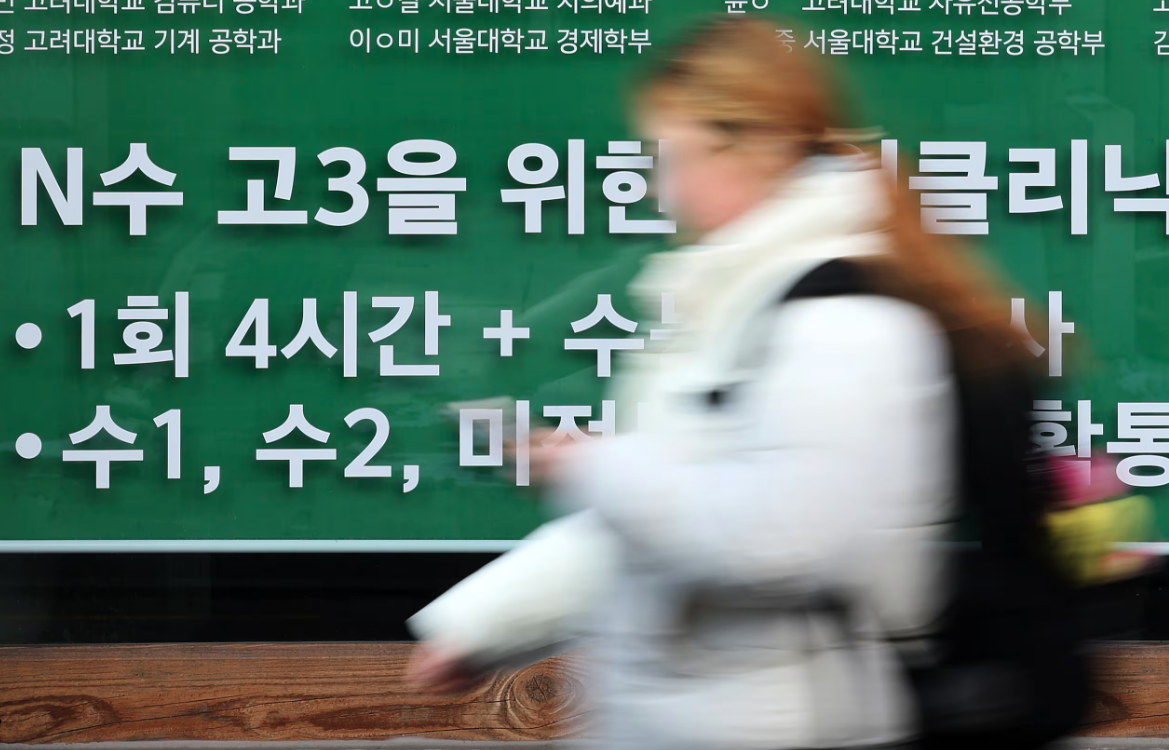
The agency has requested disciplinary action against 29 people with serious violations, including 8 public school teachers and 21 private school teachers; at the same time, it has asked the Ministry of Education to coordinate with local education agencies to take appropriate measures against the remaining 220 teachers.
The transactions typically begin when private cram schools collude with authors of EBS test prep books (study materials compiled primarily for college entrance exams) or use personal connections to contact teachers who can create mock tests. EBS test prep books are popular among Korean students and have an overlap rate of up to 50 percent with CSAT questions, according to the investigation.
Then, the test preparation centers and teachers agree on a price depending on the type of questions and difficulty of the test.
According to the Korea Joongang Daily , some teachers were found to have leaked the test preparation materials before they were published and reused the same questions they had sold to cram schools in their school exams. Meanwhile, some remained involved in the CSAT test-making committee despite having previously made illegal deals with private cram schools.
The Korea Audit and Inspection Commission also announced measures related to the scandal involving a local professor illegally reusing EBS textbook content in the 2023 CSAT English test. The agency ordered the professor's university to issue a warning and recommended that the Korea Institute for Curriculum and Evaluation (KICE) impose disciplinary action, including dismissal or suspension, on three officials who ignored student complaints.
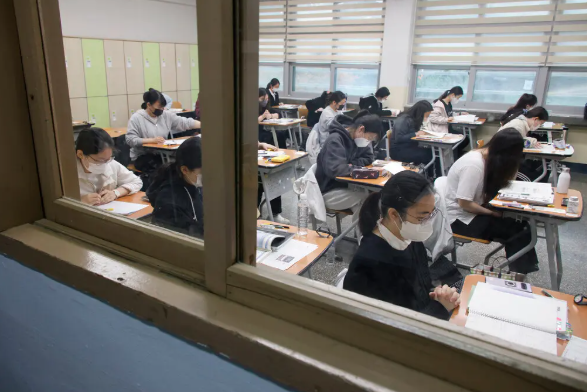
'Hot spots' selling mock exams
Geographically, the problem of teachers selling exam papers is most serious in the capital region, including Seoul and Gyeonggi Province. Seoul alone recorded a total of 16 billion won (75.4% of the total). If Gyeonggi included 3.8 billion won (18%), the total transaction value in these two regions accounted for 93.4% of the total. In Seoul, illegal transactions were concentrated mainly in districts with many large exam preparation centers.
By subject, questions in the Science field had the highest transaction value at 6.6 billion won (31.1%), followed by Mathematics at 5.7 billion won (26.8%). This is explained by the increasing trend of exam questions that are "more difficult than the curriculum", causing exam preparation centers to consider having an exclusive source of questions as a competitive advantage. Literature ranked fifth with 2 billion won.
Monitoring loopholes
The Audit and Inspection Board pointed out that the trend of increasingly difficult exam questions along with lax supervision by the Korean Ministry of Education has created conditions for collusion in selling mock exam questions.
In 2020, the Ministry of Education only responded to complaints about whether teachers could provide mock exams to private centers. By 2021, despite conducting an investigation into teachers having jobs outside of teaching, the Ministry took no action even when it confirmed violations.
Last year, the Ministry of Education set up a special unit to deal with the problems, including dissolving "private education alliances" and investigating irregularities in admissions. However, the unit has yet to achieve significant results.
Amid criticism of lax management, an education ministry official said: "The ministry is trying to intervene in the private education system, especially cram schools, by asking the police to investigate wrongdoings. We will strengthen supervision to prevent recurrence."
Education officials say that if the current college entrance exam system remains unchanged, such underground deals will continue. "The exam craze caused by excessive competition in admissions is like a chronic disease that has been deeply rooted in Korean society. If the exam system maintains the situation of 'your whole future depends on your CSAT score', the problem will repeat itself," said an education official.
Some teachers are also concerned that the scandal will negatively impact the reputation of the teaching profession. A high school teacher said: "Writing textbooks or review materials is an honor for teachers. I am worried that the profiteering behavior of some individuals will tarnish the image of teachers in the public eye."
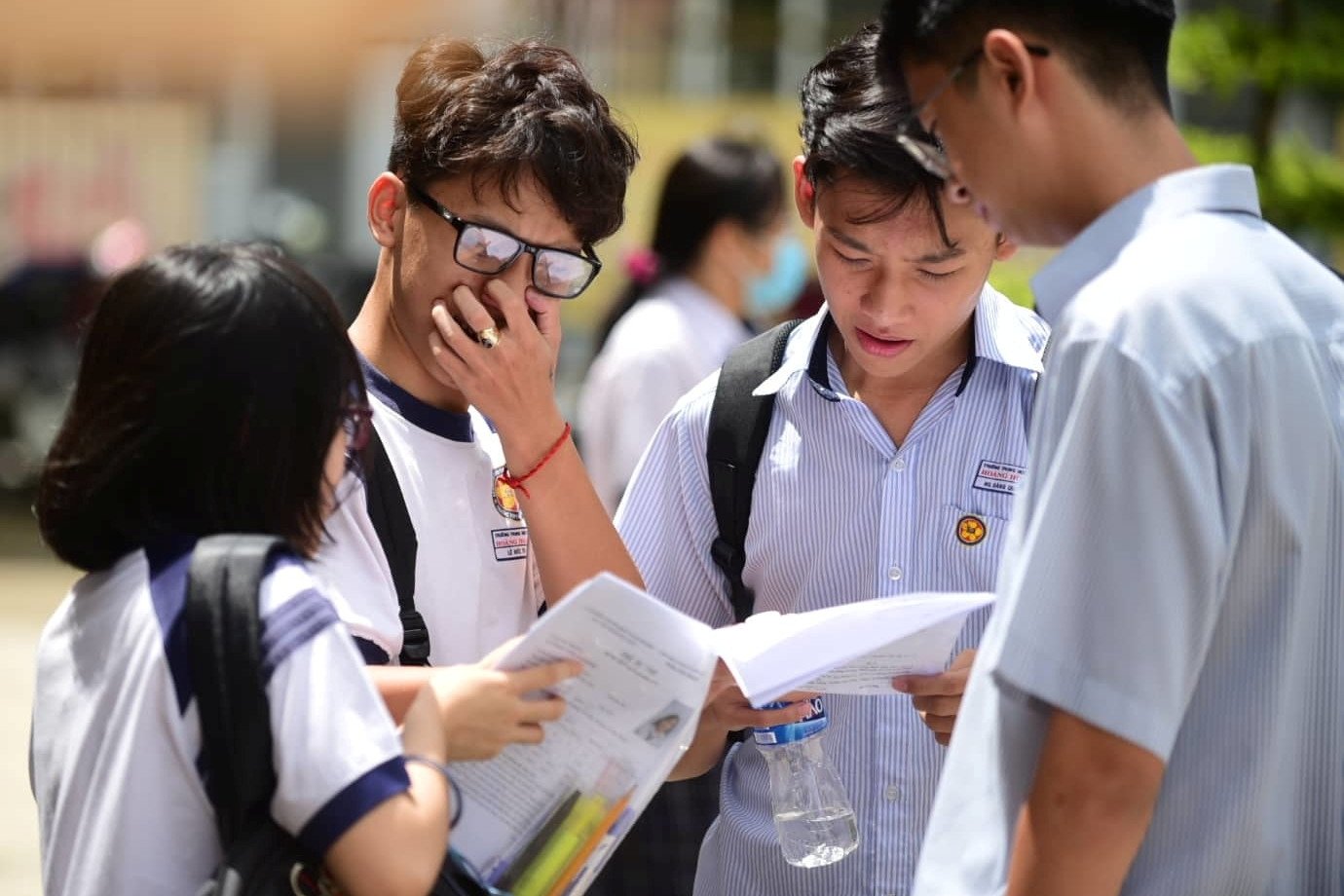
Source: https://vietnamnet.vn/249-giao-vien-bi-phat-hien-ban-de-thi-thu-cho-cac-trung-tam-luyen-thi-2373108.html








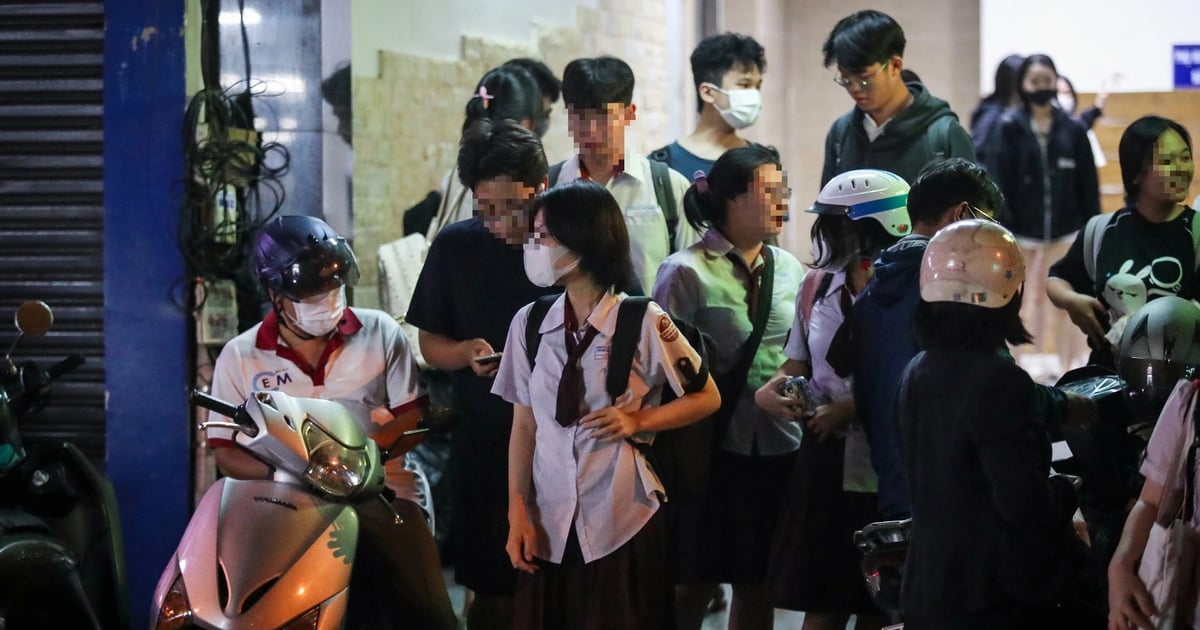

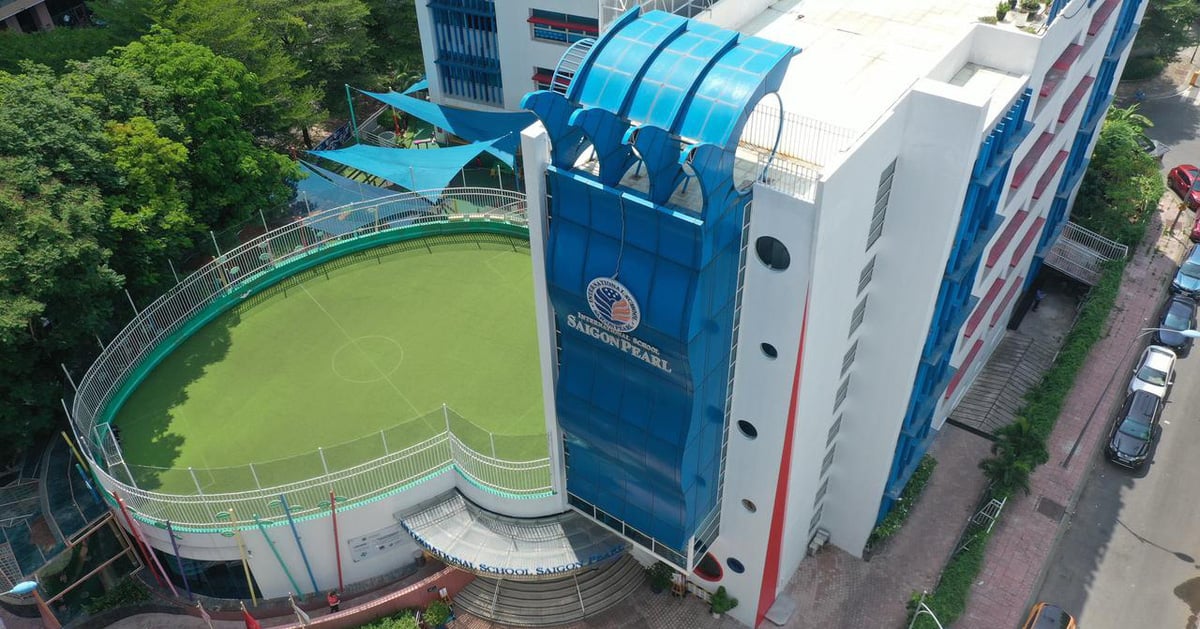

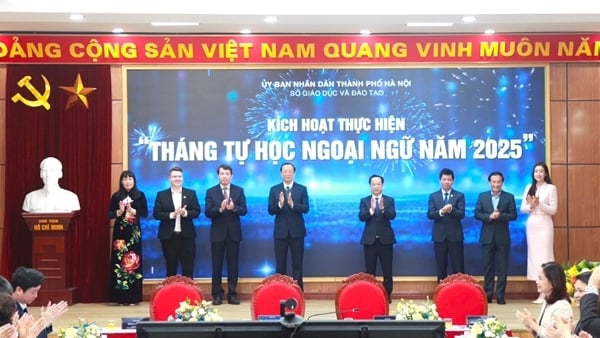

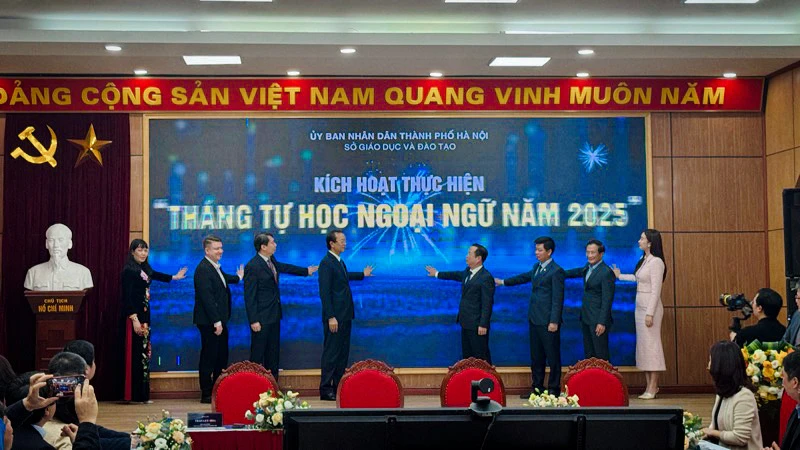

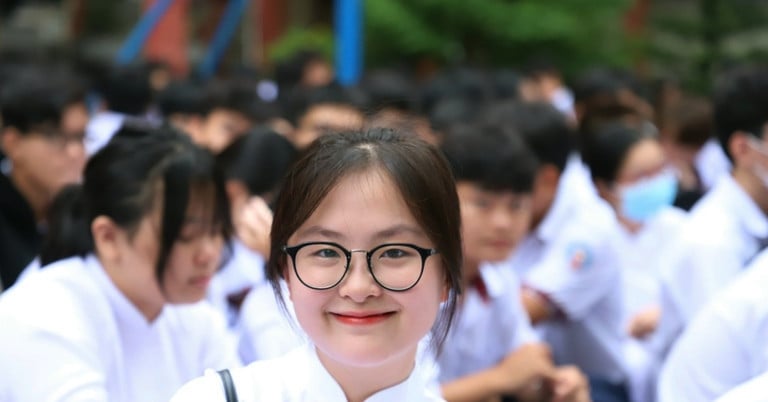
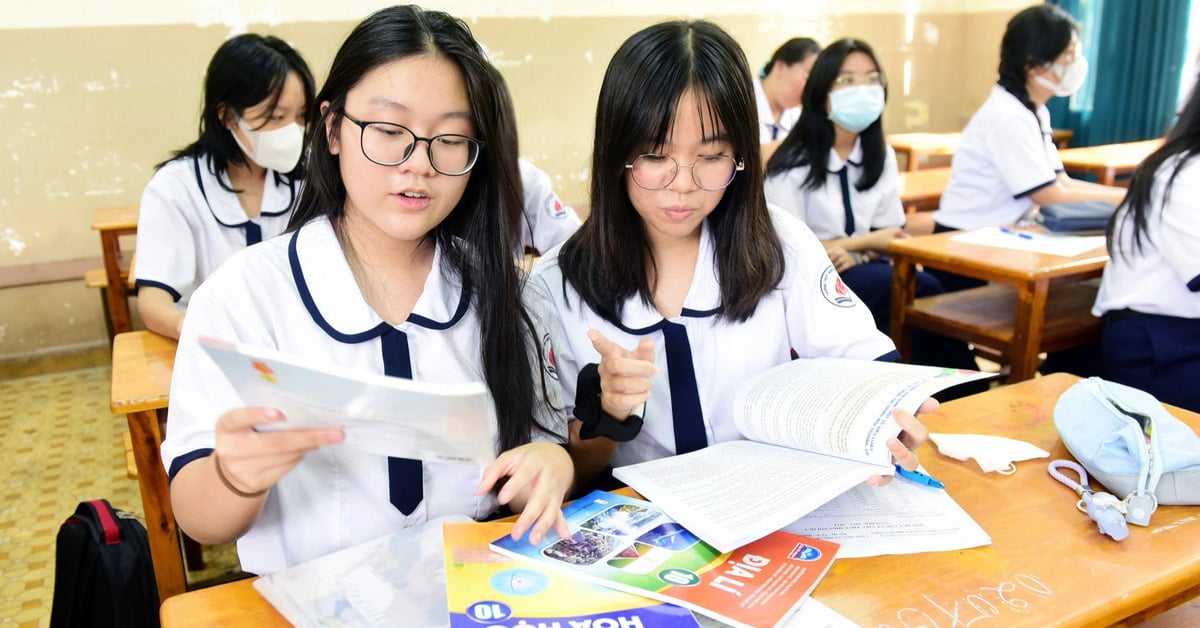
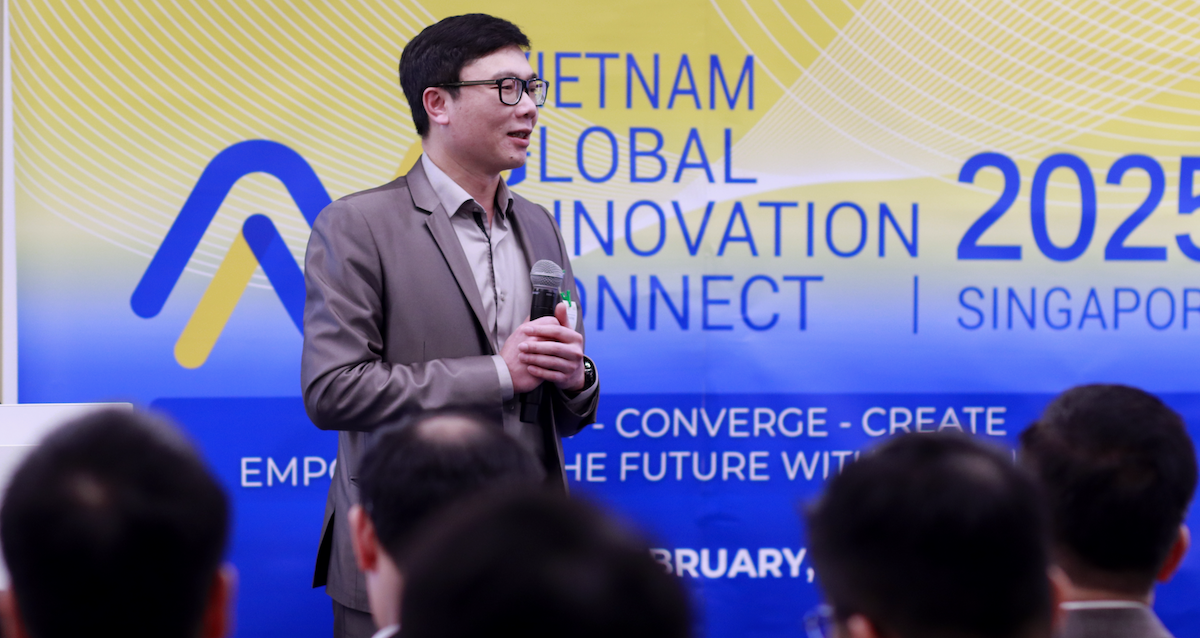
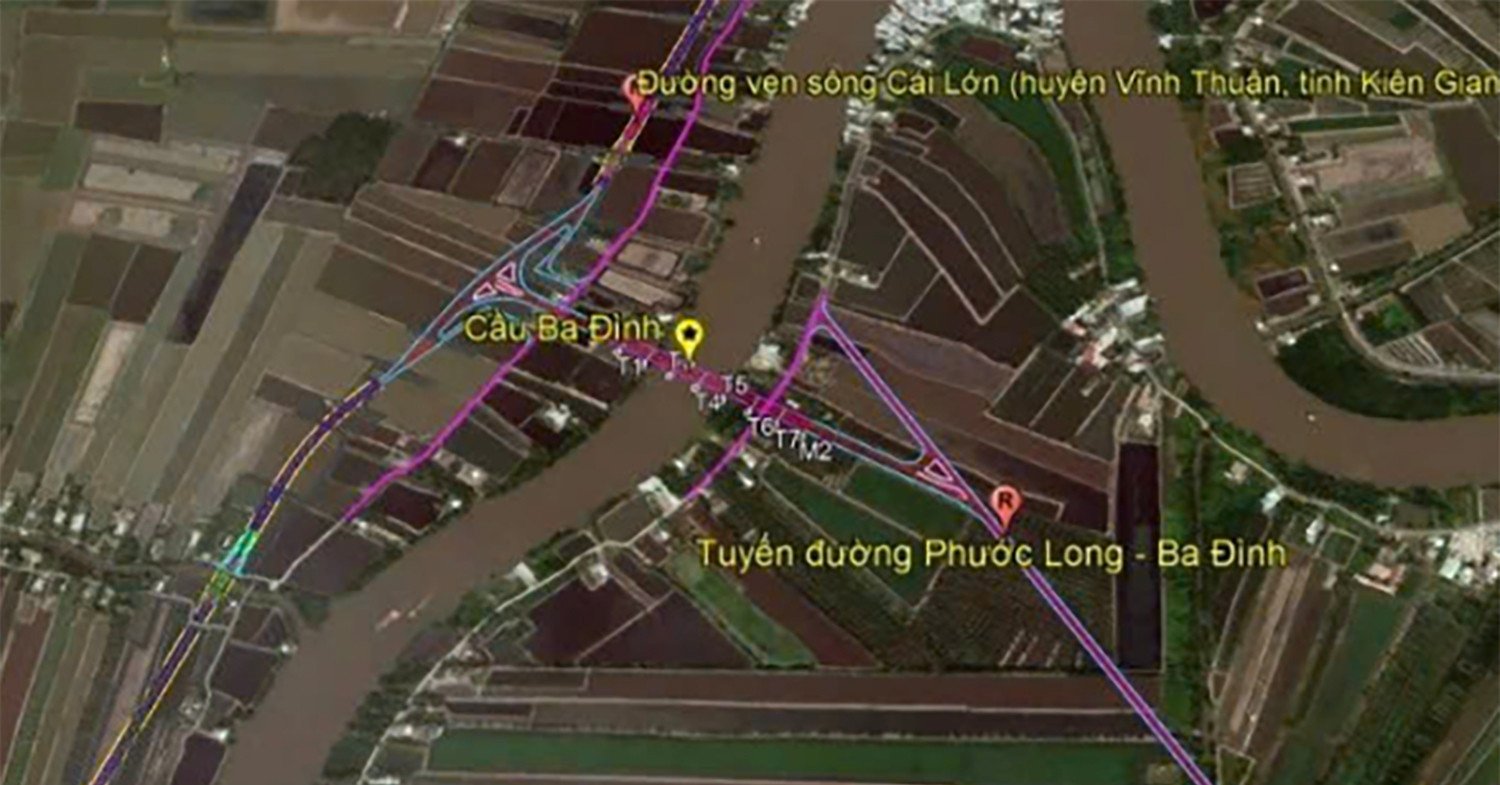
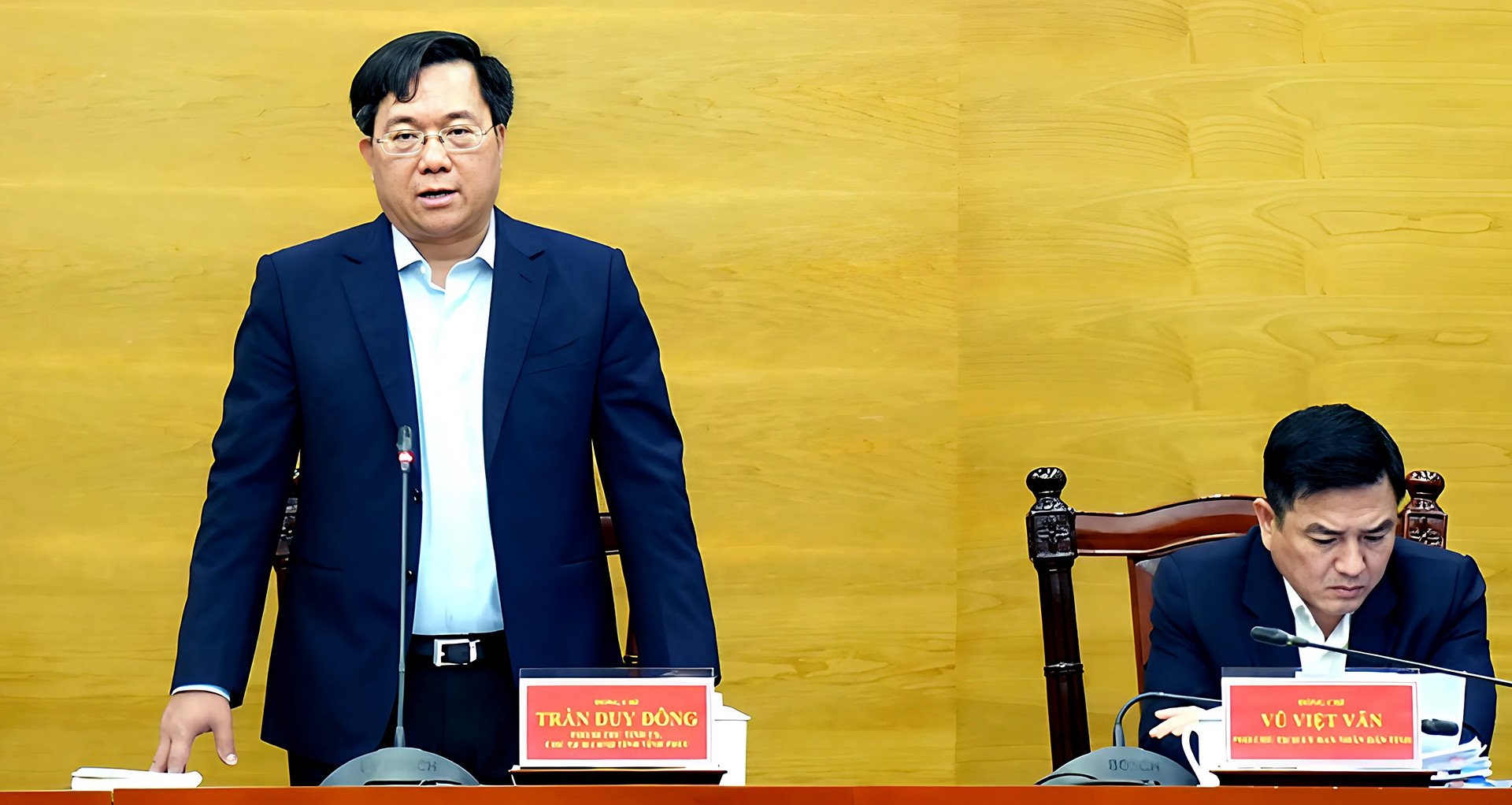
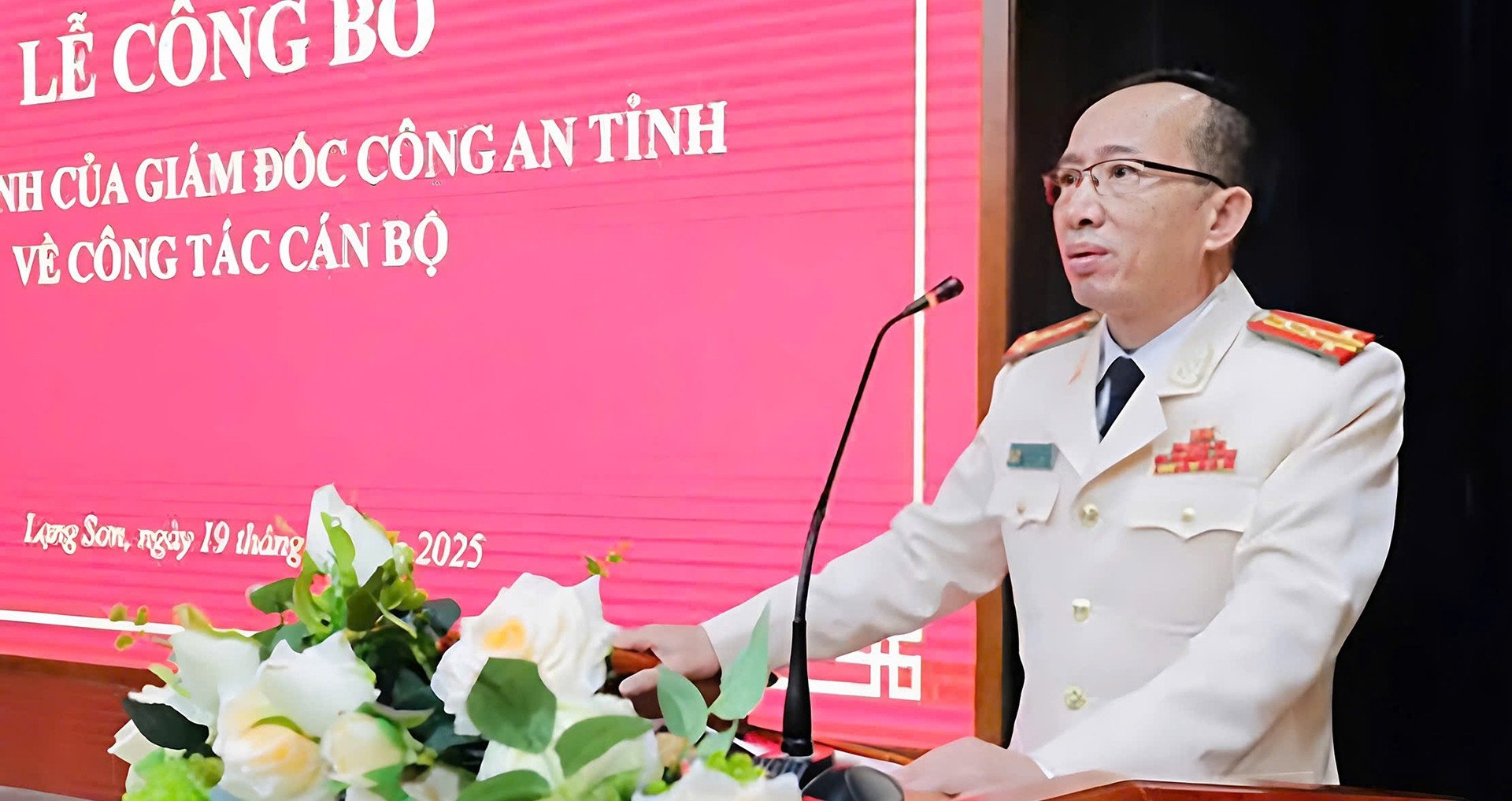

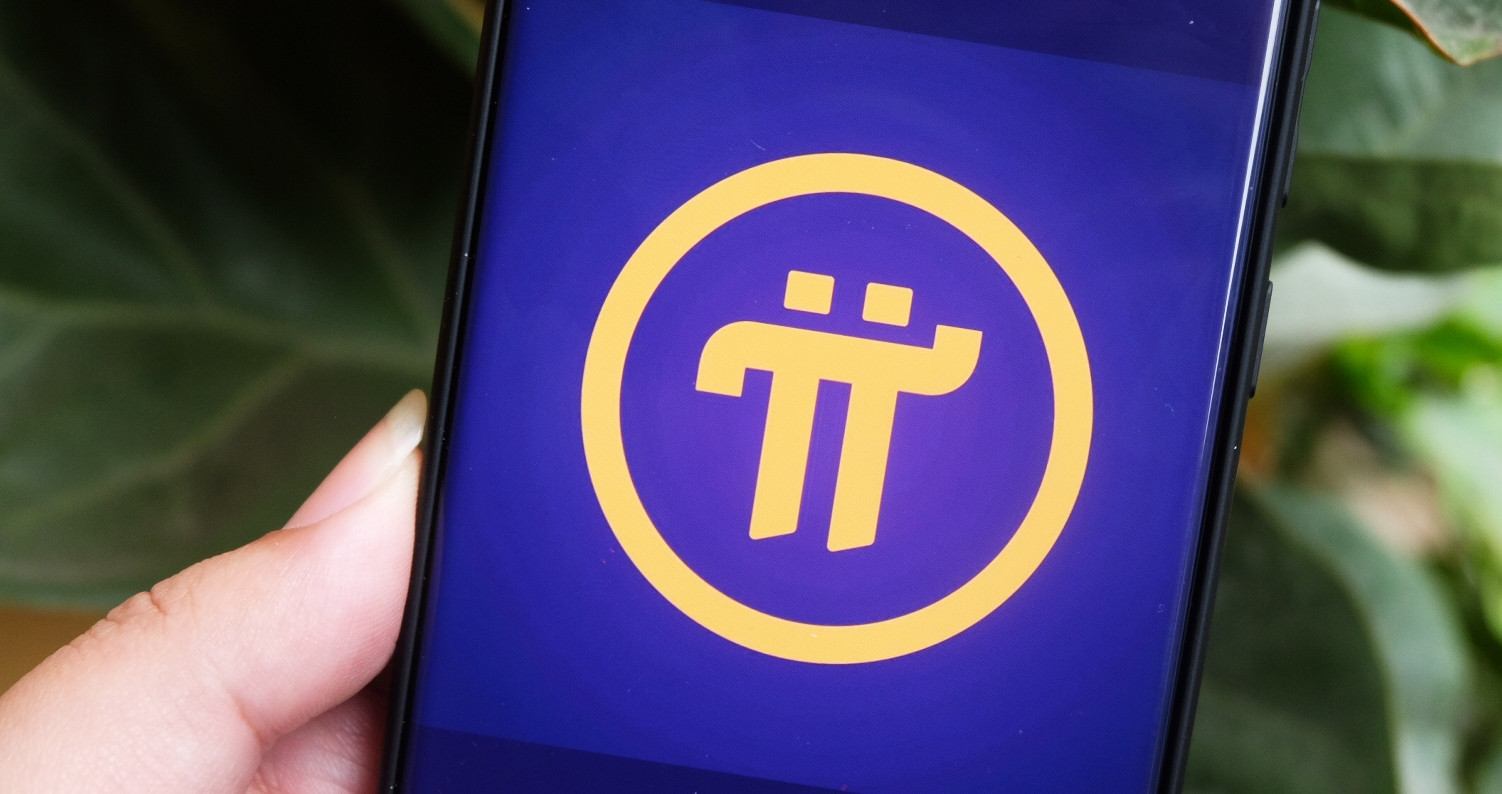
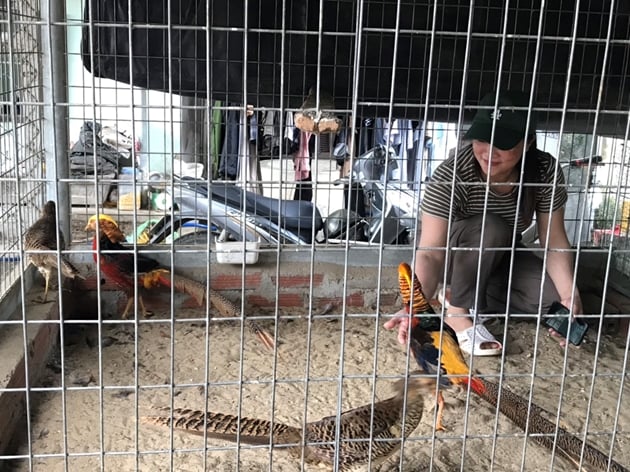



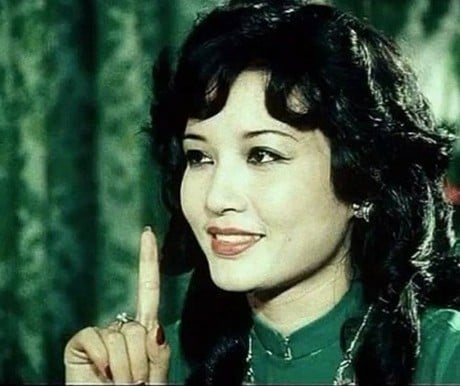

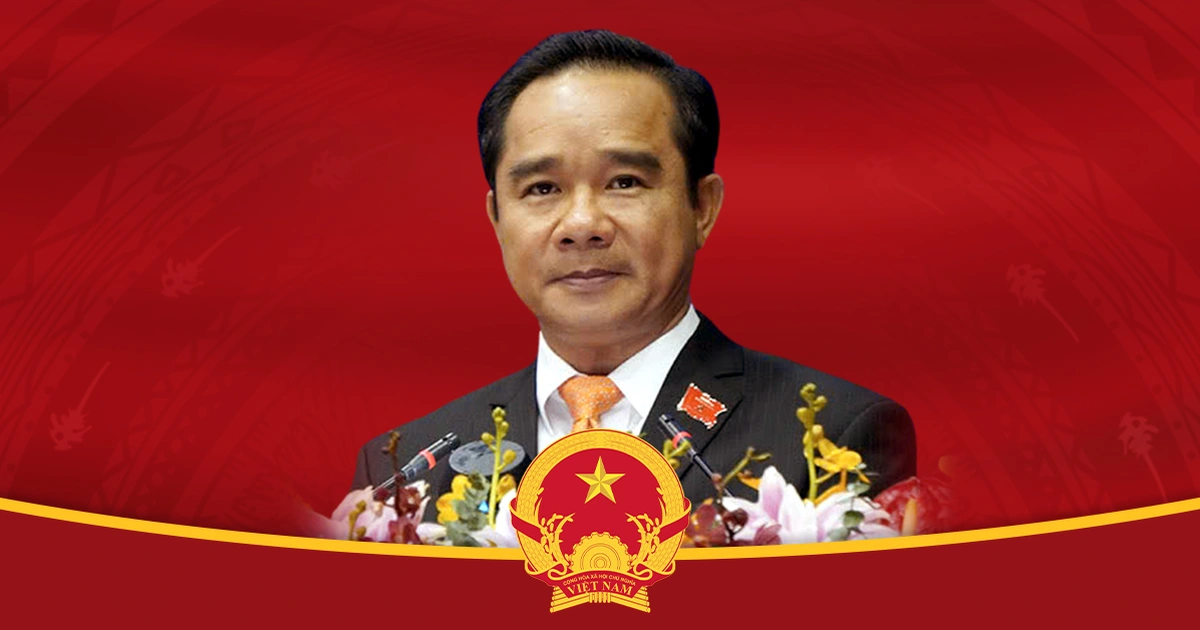




Comment (0)